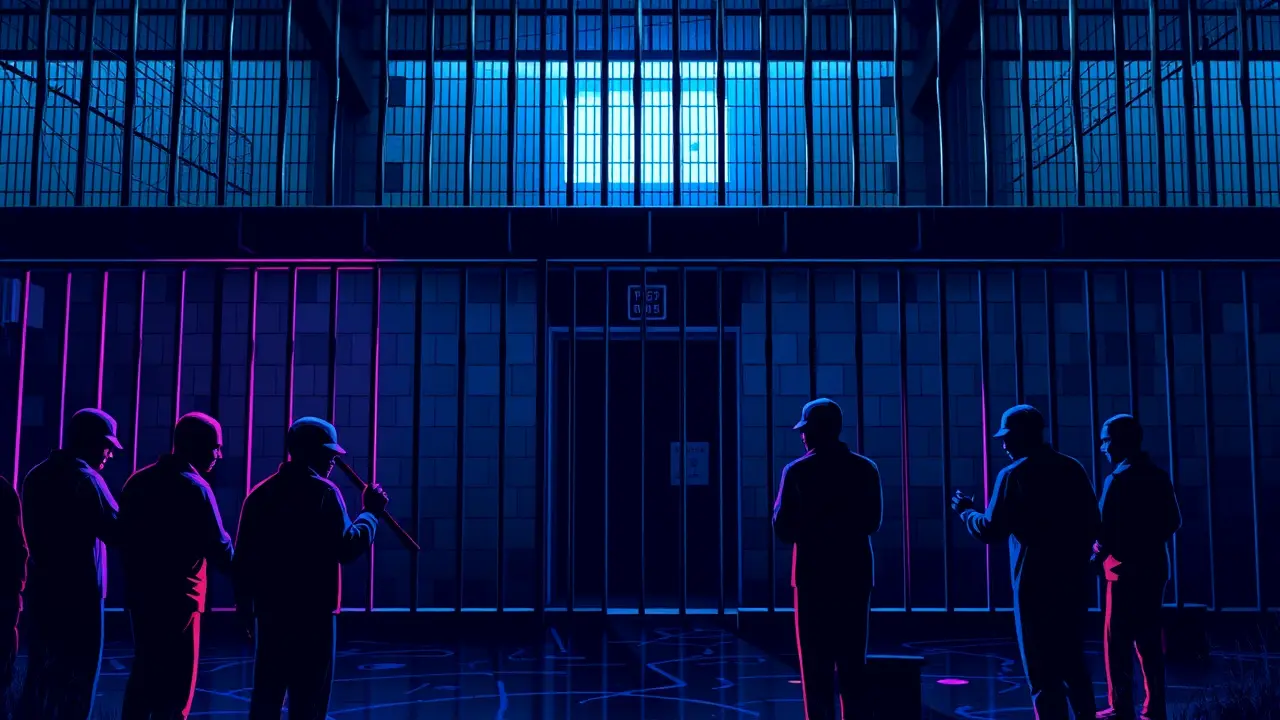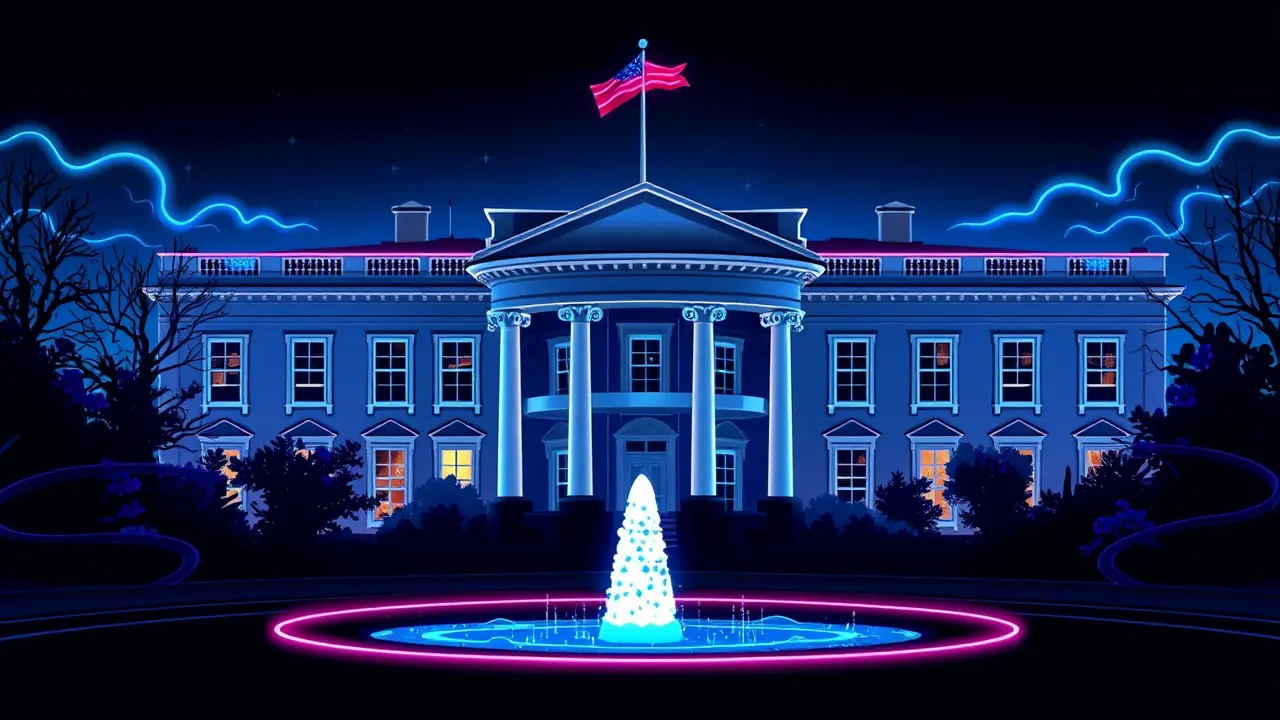
Politicshuman rightsPrison Conditions
Freed Belarusian Prisoners Detail Brutal Prison Conditions After Trump Deal
EM
Emma Wilson
5 hours ago7 min read6 comments
The grim details emerging from Belarusian prisons paint a harrowing picture of state-sanctioned brutality, a reality laid bare by the recent prisoner exchange that saw several detainees freed in September under a deal struck between Belarus's entrenched authoritarian leader, Alexander Lukashenko, and the then-US President, Donald Trump. For these individuals, liberation was not merely an exit from confinement but an escape from a system meticulously designed to break the human spirit, a system where torture, malnutrition, and psychological terror are standard operating procedure.One freed prisoner, speaking on condition of anonymity for fear of reprisals against family still within Lukashenko's reach, described cells so overcrowded that inmates took turns sleeping on the concrete floor, with a single, putrid toilet serving dozens of men, the stench a constant, nauseating companion. Medical care was a cruel fiction; those falling ill were often accused of malingering and denied even basic painkillers, while beatings by guards for minor infractions—a whispered word, a glance held too long—were routine and brutal, leaving internal injuries that would never be documented or treated.This exchange, brokered at the highest levels of power, was a rare diplomatic maneuver in the fraught relationship between Washington and Minsk, a relationship that has oscillated between tentative engagement and outright condemnation since Lukashenko, often called 'Europe's last dictator,' solidified his grip on the country following the disputed 2020 election that sparked massive protests and a subsequent, vicious crackdown. The Trump administration, in its final months, framed the deal as a humanitarian victory, a testament to personal diplomacy.However, critics and human rights organizations like Amnesty International and Viasna were quick to contextualize this single act of mercy within a much broader and darker tapestry of ongoing repression, arguing that while a few were saved, thousands remain in similarly appalling conditions, their fates ignored on the global stage. The very structure of the deal raises profound questions about the ethics of negotiating with authoritarian regimes; does such engagement provide a lifeline to the oppressed, or does it inadvertently legitimize and empower the oppressor, offering a veneer of respectability in exchange for a handful of lives? For Lukashenko, the prisoner release could be calculated as a low-cost concession to ease international pressure and potentially loosen the stranglehold of Western sanctions that have crippled the Belarusian economy, a tactical move rather than a change of heart.For the survivors now in exile, their testimonies serve as crucial evidence for international bodies, from the UN Human Rights Council to the International Criminal Court, potentially building cases for future charges of crimes against humanity. Their stories—of being forced to stand for days in punishment cells, of food so scarce and rotten that weight loss of dozens of pounds was common, of endless interrogations under blinding lights—are not just personal nightmares but political ammunition.The geopolitical ramifications ripple outward, affecting Belarus's delicate dance between its traditional master, Russia, which provides crucial economic and military support, and a West that views Lukashenko as a pariah. This single event, therefore, is a microcosm of a much larger struggle: the relentless fight for human dignity against the machinery of the state, a fight where every testimony from the freed is a fragile victory, and every silent cell in Minsk's prisons is a reminder of the work that remains undone.
#editorial picks news
#Belarus
#political prisoners
#human rights
#prison brutality
#Lukashenko
#Trump
#diplomatic deal
#release
Stay Informed. Act Smarter.
Get weekly highlights, major headlines, and expert insights — then put your knowledge to work in our live prediction markets.
Related News
© 2025 Outpoll Service LTD. All rights reserved.








